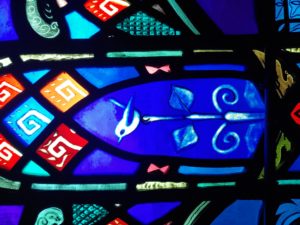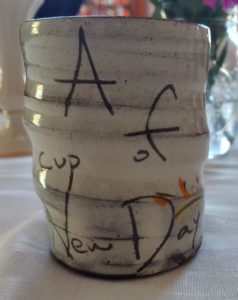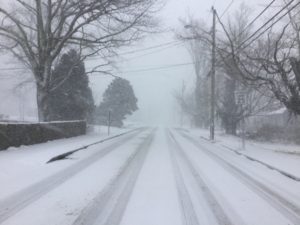Zeno’s Arrow Paradox…in so many words…
An archer shoots an arrow at a target. For the arrow to move, it must change its position – otherwise, it can’t get from one place to another. It must change the position it occupies.
In any one instant of time, the arrow is neither moving to where it is (it’s already there) or moving to where it is not (it isn’t there yet).
In other words, in every instant of time, there is no motion happening: the arrow isn’t moving.
If everything is motionless at every instant, and time is composed of every instant, then motion is impossible.
There are solutions to this paradox, of course. The obvious one: The arrow moves in reality, so the conclusion that motion is impossible is clearly wrong. There’s something wrong with how the whole thing is set up because reality contradicts Zeno’s conclusion, but it’s really hard to spot the problem. Mathematical solutions are also available (for some of these, check out The Internet Encyclopedia of Philosophy). But it’s the time aspect that I’m interested in.
Sometimes, it feels like life is Zeno’s arrow – stuck in place in moment after moment. Sometimes, it feels like it’s impossible to move through the instances, seconds, minutes, hours, and decades that mark the passing of our lives. We can easily see arrows flying from an archer’s bow to a target, but we can’t easily see the trajectory or movement of our lives from birth to death. Life’s movement through time isn’t as easy to spot as a flying arrow.
If I just look at this moment, even this day, it may appear that my life isn’t going anywhere. But if I step back, gaze beyond the momentary to take in the past and look toward the future, it’s quite simple to see its motion through time.
Zeno’s paradox is fun to play with, and in a sense, provides me with an answer to its larger life application. Like an arrow, I didn’t launch myself into life. I believe God did that. Like an arrow, I am moving through this life, but I can’t see where the flight ends. But I trust the archer to make of my life’s instances a holy and purposeful arc that lands me safely in eternity’s embrace.













